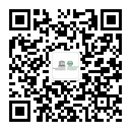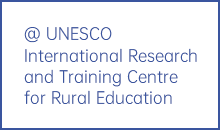With the Coronavirus (COVID-19) rapidly spreading worldwide, several countries have initiated several strategies to stop the spread of this virus, including school closures. UNESCO stated that, as of 17 May, almost 1.21 billion learners were affected, accounting for 69.3% of the world's student population. Particularly, China was the first to adopt the policy of "Disrupted Classes, Undisrupted Learning" by providing online, distance and remote teaching.However, several educational challenges appeared during this unexpected critical situation of COVID-19 outbreak. For instance, in this first-ever application of pure long-term online learning (without face-to-face learning or blended learning), both teachers and learners should not feel that they are left alone during the teaching and learning processes. Additionally, new effective pedagogical approaches are needed to keep learners motivated and engaged during this long period of online learning. To overcome the above challenges, new teaching approaches are needed. In this context, several researchers suggested the use of Open Educational Practices (OEP) and Resources(OER) to provide engaging and interactive experience. UNESCO (2019) also stated that: "the judicious application of OER, in combination with appropriate pedagogical methodologies, well-designed learning objects, and the diversity of learning activities, can provide a broader range of innovative pedagogical options to engage both educators and learners to become more active participants in educational processes and creators of content as members of diverse and inclusive Knowledge Societies."
Additionally, UNESCO (2019) provided five objectives that should be focused on facilitation of OER adoption, namely: (i) Building capacity of stakeholders to create access, re-use, adapt and redistribute OER; (ii) Developing supportive policy; (iii) Encouraging inclusive and equitable quality OER; (iv) Nurturing the creation of sustainability models for OER; and (v), Facilitating international cooperation. Therefore, this handbook discusses the use of OEP and OER during COVID-19 outbreak through global vivid stories and experiences, and in line with the five UNESCO objectives. It also discusses OER competencies for OEP. Finally, this handbook provides guidelines to both teachers and learners to facilitate OEP and OER application.













